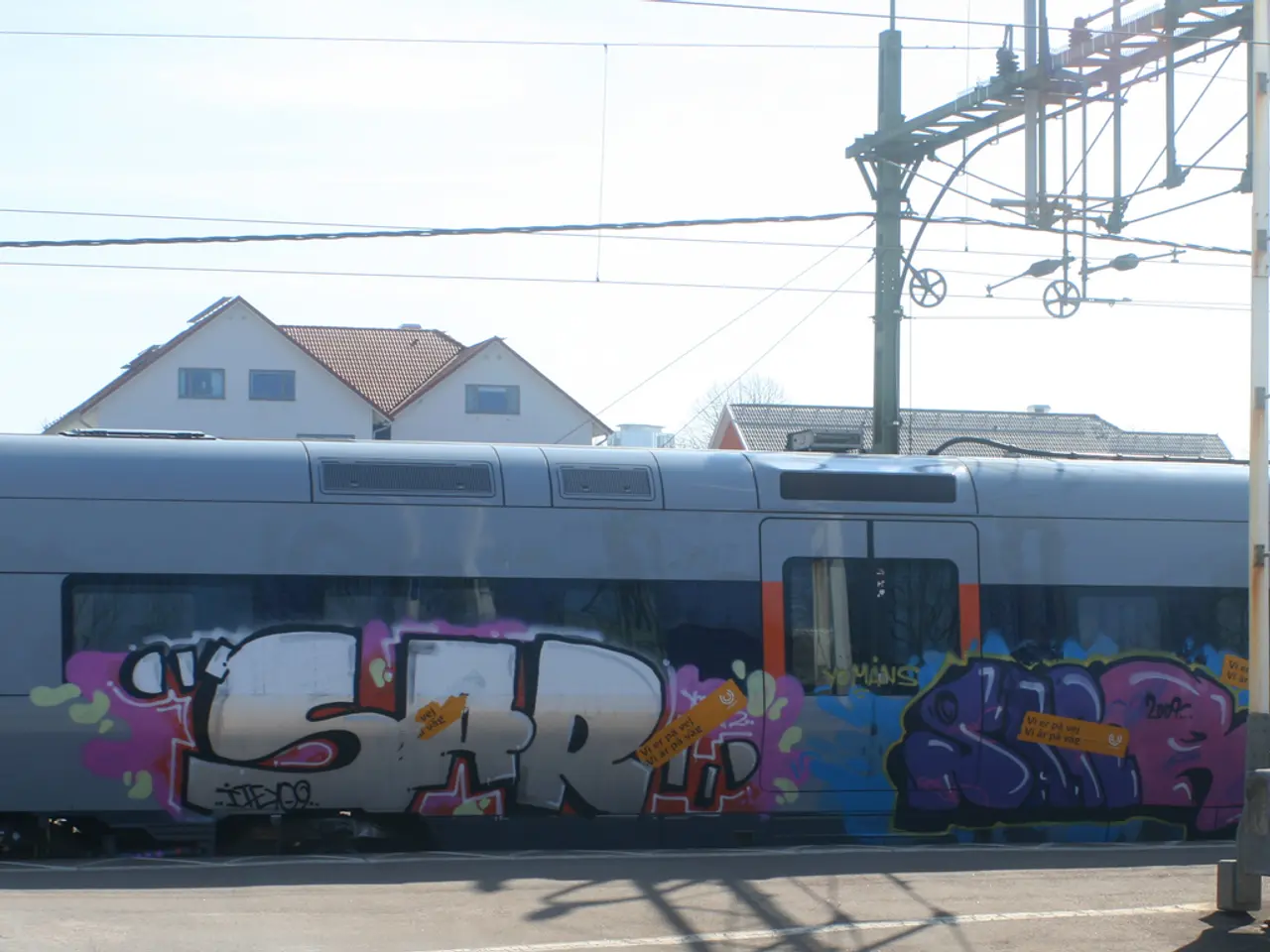A Strong Europe: Reflections from the Saar-Parliament
Europe requires significant strengthening, asserts Saar Parliament - Strengthening Europe: A Call from the European Parliament
In light of the mounting crises and hurdles, the Saar Landtag advocates for a robust Europe. They urge bold moves towards greater European unity and camaraderie, as highlighted in a joint resolution submitted by the ruling SPD and the opposition CDU.
This resolution echoes the sentiments put forward by Robert Schuman, then French Foreign Minister, 75 years ago on May 9, 1950. Schuman's declaration served as the foundation for European unification, proposing the creation of a European Coal and Steel Community. This community later evolved into the European Union we know today.
The European Union must stand its ground, resisting setbacks, the resolution affirms. Europe is once again grappling with challenges that can only be overcome through collective effort. The resolution refers to various issues, including the Russian war against Ukraine, global economic competition, the trade conflict with the USA, the climate crisis, and the deteriorating transatlantic relationship.
Europe must push for self-reliance in critical sectors. European initiatives for securing key technologies are essential. The transition to "green steel" demands European backing.
The resolution calls for a "strategic fortification" of Europe. Europe should be capable of securing its security, energy supply, technological sovereignty, and industrial value creation independently. The Russian attack on Ukraine is "as much an assault on the European order of peace, democracy, and our common values."
The Common European Asylum System, set to take effect in June 2024, must be "expeditiously and responsibly" implemented. The EU member states must enact the new asylum regulations by no later than June 2026. The system is designed for a fairer distribution of asylum seekers across the EU. A "much more vigorous cooperation" among the security authorities in the Schengen area and in the fight against cross-border crime is warranted.
Historical Context of Schuman's Declaration
The Schuman Declaration, delivered by French Foreign Minister Robert Schuman on May 9, 1950, heralded a vital moment in European history. It paved the way for the European Union (EU) by proposing European coal and steel production be centralized under a single authority, leading to the establishment of the European Coal and Steel Community (ECSC) in 1951. The ECSC was the precursor to supranational institutions, setting a precedent for further integration and cooperation among European countries.[1][3][5]
Challenges Facing Europe Today
Europe faces numerous challenges:
- Ukraine Conflict: The ongoing conflict strains European unity and resources, necessitating collective action against Russian aggression.
- Climate Crisis: Developing effective climate policies and transitioning to sustainable energy sources remain significant hurdles.
- Economic Pressures: Europe navigates economic downturns, inflation, and rising energy costs, testing the resilience of European solidarity and unity.
The Schuman Declaration's legacy remains pertinent, inspiring European unity and cooperation. Today's political and environmental challenges require continued commitment and collective action from European nations.
[1] https://w4client.ce"]["success":"true"]
- The Saar Landtag emphasizes the need for a strong Europe, calling for increased unity and cooperation, as demonstrated in a joint resolution submitted by the SPD and CDU, reminiscent of Robert Schuman's call for European unification in 1950.
- By advocating for a common European asylum system, the resolution urges the EU member states to act "expeditiously and responsibly," ensuring seamless implementation by June 2024 and full compliance by June 2026, for a fairer distribution of asylum seekers across the EU.
- The resolution underscores the importance of "strategic fortification" in European politics, proposing a self-reliant Europe capable of securing its security, energy supply, technological sovereignty, and industrial value creation independently, as a countermeasure to geopolitical threats like the Russian attack on Ukraine.
- In the face of challenges such as the climate crisis, environmental science policy and legislation must be prioritized to address pressing issues like the transition to "green steel" and striving for sustainable energy solutions.
- The resolution highlights the necessity of "much more vigorous cooperation" among security authorities in the Schengen area and a more robust approach to combating cross-border crime.
- As Europe stands at a crossroads, grappling with contemporary dilemmas including the Ukraine conflict, trade tensions with the USA, and the climate crisis, the Schuman Declaration's emphasis on social policy, unification, and collective action serves as a guiding principle for overcoming today's complex issues.








